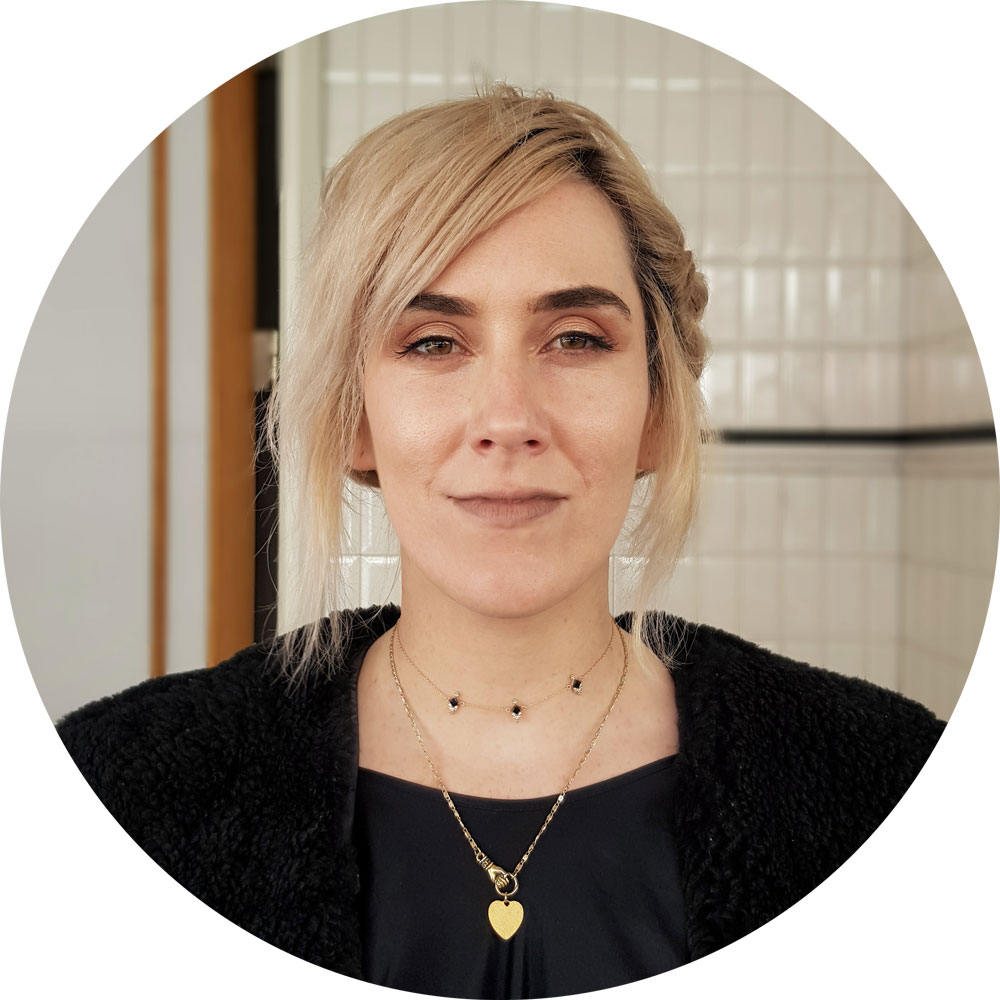Fair's fair: Missy gets real about fair trade
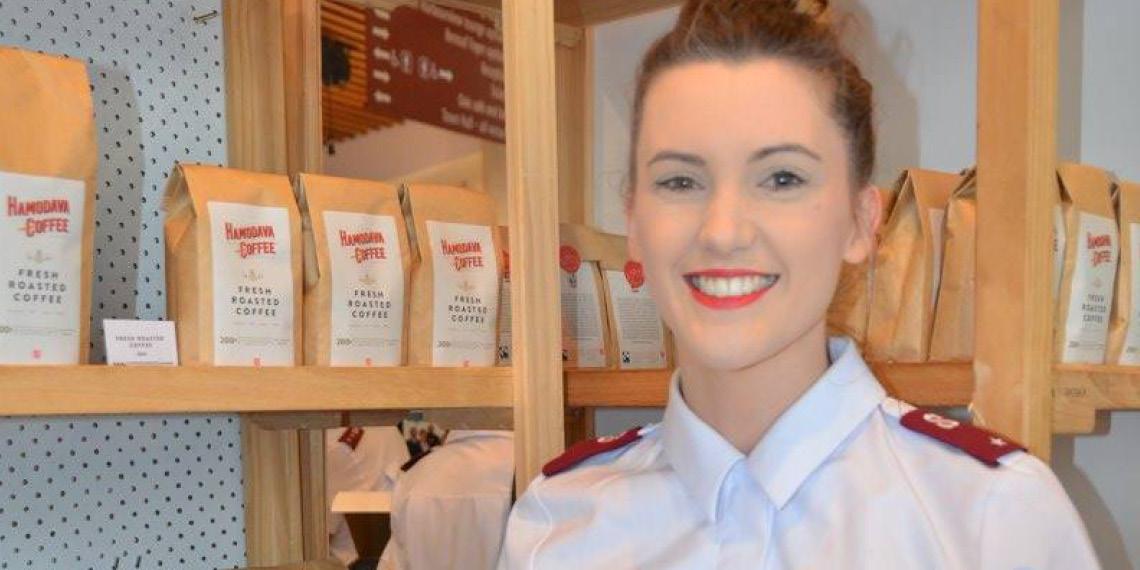
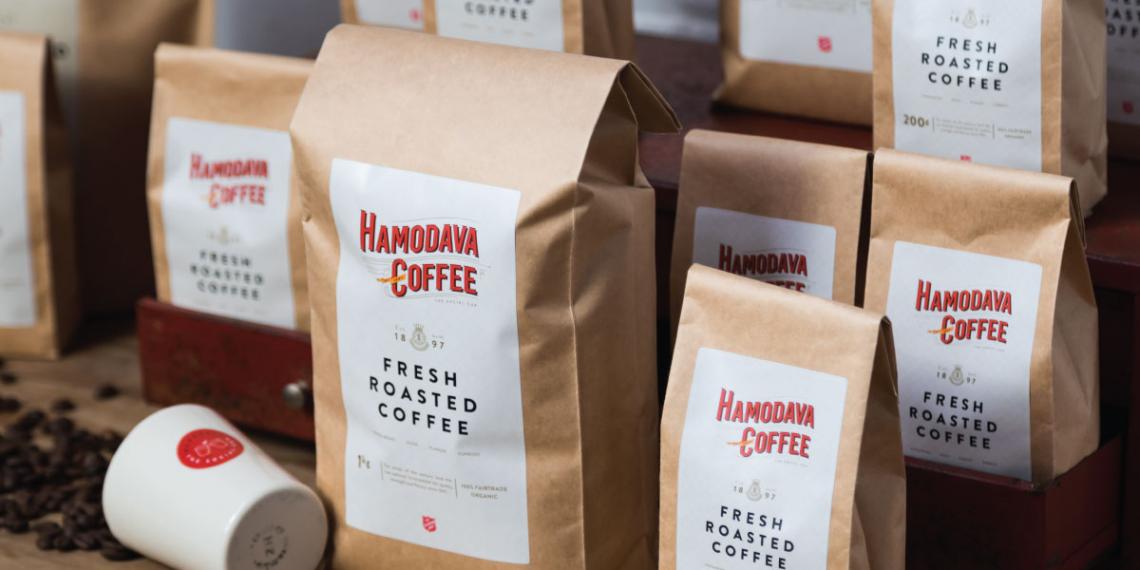
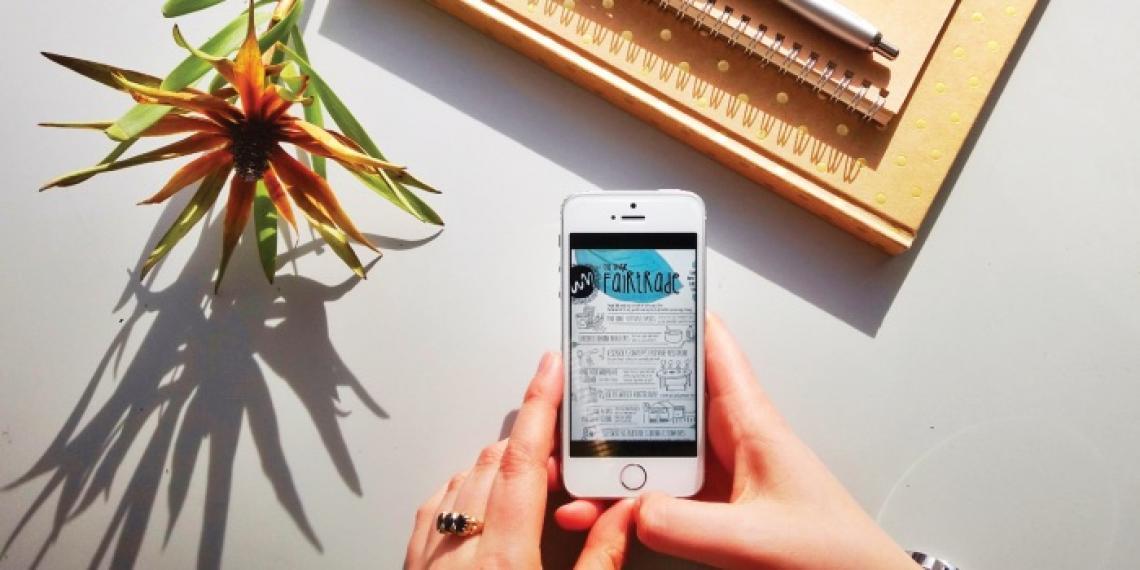
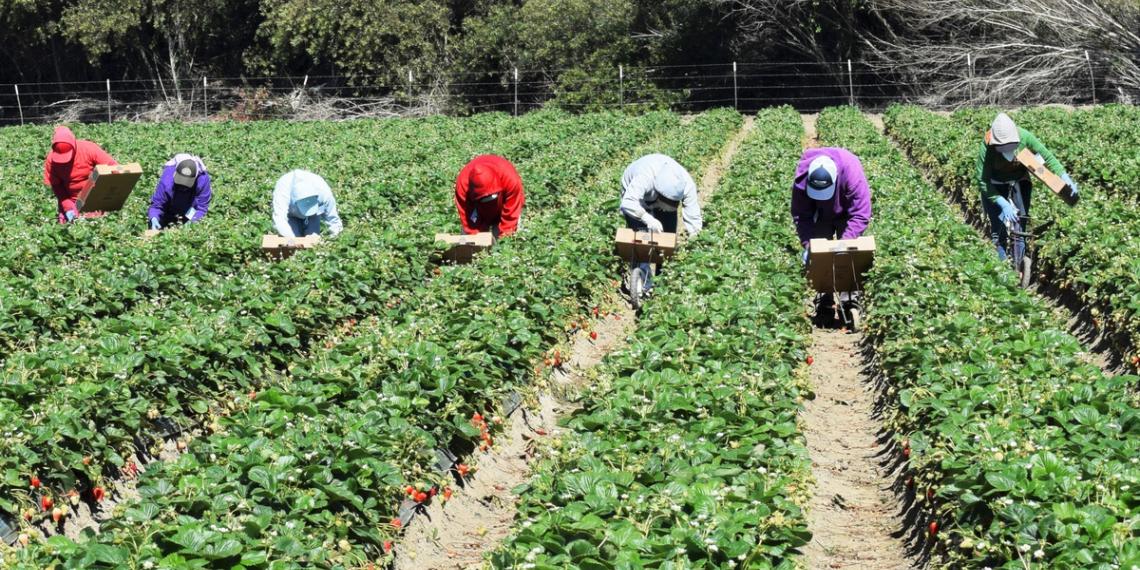
Captain Missy Ditchburn from The Salvation Army Midland Headquarters sheds light on how being fair trade is a true reflection of God's love, and why we should care.
Download our illustrated No Shade Fairtrade resource for simple ideas to start your fair trade journey.
I was 16 years old when I began a fair trade lifestyle. For me, it wasn't making the decision to start that I found most difficult, but the small daily commitments. What do I buy when I'm alone at the supermarket? What product do I purchase when there is no fair trade option? It was hard (and embarrassing at local cafes at times), but it took me closer to the heart of God and got me real freedom from consumerism.
As I have continued on in my fair trade lifestyle, seeing the masses of inequity and injustice surrounding us can become overwhelming. But I just remember that the power for change is in our hands.
Fair trade in the everyday
Every time we buy something we didn’t make ourselves, we benefit from another person's labour. That person is whanau and their wellbeing is our responsibility. Fair trade involves choosing to give those labourers, producers and creators a face and a voice.
At its most basic, fair trade is the idea that from creation to purchase of an item, fair practice and true value is given to both the creators and consumers. This concept of justice and equity are at the heart of the Good News. The church must not lower our standard because living fairly is hard but instead encourage and challenge each other to continue on.
#MakeTheSwitch Campaign
Fair Trade New Zealand are running a #MakeTheSwitch campaign this year, to get you switched on to fair trade in your workplace and home. Check out Fairtrade New Zealand's website and think about what you could do to take part. We've collected a few other cool websites to help you out:
- Oxfam also have some great articles and resources on the #MakeTheSwitch campaign
- Tearfund's Ethical Fashion Guide has reliable ratings of the ethical nature of local companies
- WM (that's us!) have a cool Fairtrade resource for some simple starters to making fair trade changes in your life
- Hamodava is a Salvation Army initiative that brings fair trade quality beverages with a social conscience to the marketplace, and Lieutenant Jordan Westrupp (Missy's husband) is co-founder! Why not get their brand in your workplace and home?
Living fairly in Jesus' lifetime
In Matthew 25: 34-46, Jesus tells a story in of two different examples of living, represented by two men.
The first man is told that he fed, clothed, cared for and loved Jesus himself. The man asks Jesus 'When did I do that?' and Jesus says 'Whatever you did for the least of these, you did for me.' The second man never did any of those things yet asks 'When did I see you and not do any of those things?' and Jesus says 'Whatever you did not do for the least of these, you did not do for me.'
God tells us that in His kingdom those we think the least of will be the greatest. It is our responsibility to elevate those who others completely ignore for their own gain.
‘You gave me an education as a child when I would otherwise have been forced to work. You gave me the chance to have lunch and dinner breaks and wear safety gear when I spent my days making your clothes. You made sure that I could build a local health clinic along with my community so that I wouldn't get sick.'
When did we do that for you, God? When we gave to the least of these.
'It is our responsibility to elevate those who others completely ignore for their own gain.'
What should I think about when it comes to being fair?
Tearfund's Ethical Fashion Guide provides much insight into the questions about fairness in production below. Head over to their website to read more!
Fair price for work:
Are the workers getting paid a fair working wage? How has this been measured? If that shirt seems too good a bargain to be true it probably was very, very bad for someone else. Do you care about that?
Fair working conditions:
Are the surrounds healthy and non-toxic? Are the work hours imposed realistic and sustainable? Fair working conditions mean you wouldn't mind if you or someone you loved had to work there in those same conditions... would you?
Fair environmental conditions:
Are the resources used rightfully owned? Are the materials willingly given and fairly reimbursed or are the rightful owners being ripped off? It’s important that the resources used and the processes of production are not harming the environment or producing toxic byproducts. Is this something that would bother you if it was happening out of your Kiwi backyard?
Nobody anywhere in the world should go without their basic necessities so I can enjoy my own luxuries here in New Zealand. A good question to answer is 'Does what I pay on my end increase or decrease the quality of life for the producer of this product?'
Going fair trade is the best decision you will ever make! Let's choose to be The Salvation Army | Te Ope Whakaora - the army that brings life once and for all.

